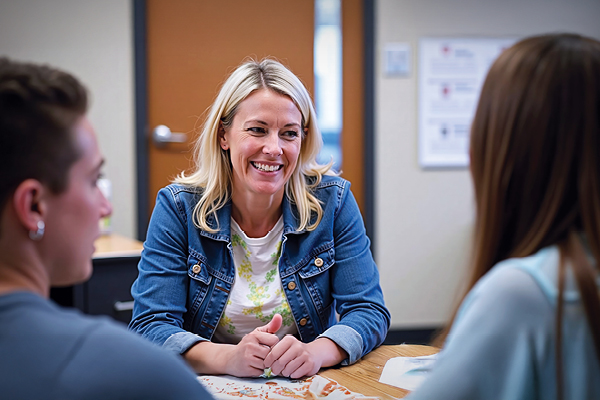For decades, disputes over how best to teach students to read have divided teachers, scholars, and policymakers: phonics or “whole language”; “balanced literacy” or “structured literacy;” how about “phonemic awareness” and “foundational skills”?
Many Philadelphia teachers, for example, received scant training in their preparation programs in explicit reading instruction. In the classroom, they were often left to doing what they think best, according to Chalkbeat Philadlephia. For the upcoming school year, the Philadelphia school district implementing a new reading curriculum as part of a $70 million investment in updated instructional materials in English Language Arts, math and science. Early grades language arts curriculum from EL Education replaces a teacher-driven one and is grounded in the science of reading — now accepted as the consensus on what works best for literacy instruction.
Adopting a curriculum that matches best practices doesn’t guarantee success. Are teachers sufficiently prepared to use it? What will it take to see results?
The science of reading is built around a five-pronged approach — phonemic awareness, phonics, fluency, vocabulary, and comprehension — based on research on how the human brain works.
Low reading scores have spurred many states to pass laws mandating what approach and curriculum their schools should use. The science of reading is one of the keys.
Only 34% of students in grades 3-8 achieved proficiency on the Pennsylvania reading tests last year, although scores did improve in some respects in 2023.
Research shows being a proficient reader by fourth grade makes a positive difference in life outcomes. Yet state test scores show that 71% of city fourth graders are not reading at grade level. And half the city’s adult population is functionally illiterate, according to federal data estimates.
Teachers believe instruction in the classroom will be the decisive factor if the science of reading works. “A curriculum doesn’t teach kids, teachers teach kids,” says one teacher.
Chalkbeat Philadelphia




